The event, which brought together representatives from all over the continent, was attended by Federico Mayor, Director General of UNESCO, as well as renowned Latin American members of TEPAL and the ATVC, led by Horacio Guibelalde. As a result of the meeting, the assembly prepared a declaration in which the following commitments were expressed:
- To adhere to the celebration of the year 2000, promulgated by the United Nations as the International Year for the Culture of Peace, especially by facilitating the distribution, knowledge and signing of Manifesto 2000.
- To promote the commitment of the populations of Latin America and the Caribbean to the 2000 Manifesto for a Culture of Peace and Non-Violence.
- Strive to develop programs and broadcasts aimed at children and young people to strengthen in their minds the bulwarks of peace.
- Reaffirm that legality is the only means of fair access to radio and television frequencies. In order to guarantee such access and regularize factual situations, we recommend, when necessary, the analysis and updating of current telecommunications laws and regulations.
- Encourage the formation of networks and chains of audiovisual media that promote the shared objective towards a Culture of Peace, expanding the initiative of the Network of Newspapers of Latin America for a Culture of Peace (REDIPAZ).
- To call on the States and the social, cultural, political and scientific organizations of the region to redouble their efforts to achieve definitively the integration of the continent.
By convening this democratic forum for the free exchange of views, UNESCO continued its sustained work in support of the strengthening of democracy and peace on the continent, in preparation for the International Year for the Culture of Peace, to be held in 2000. The communicators participating for Brazil proposed to continue the meeting in their country next year.
The 2000 Manifesto
The year 2000 must be a new beginning for all. Together we can transform the culture of war and violence into a culture of peace and non-violence. This evolution demands the participation of each one and gives young people and future generations values that help them forge a more dignified and harmonious world, a world of justice, solidarity, freedom and prosperity. The culture of peace makes possible lasting development, the protection of the environment and the personal satisfaction of every human being.
In November 1997, the United Nations General Assembly proclaimed the year 2000 the International Year for the Culture of Peace. UNESCO coordinates the activities of the International Year for the Culture of Peace throughout the world.
A group of Nobel Peace Laureates, gathered in Paris on the occasion of the 50th anniversary of the Universal Declaration of Human Rights, created the Manifesto 2000 for a culture of peace and non-violence, so that the individual assumes his responsibility: it is not an appeal, nor a request addressed to higher instances.
It is the responsibility of every human being to make reality, day by day, the values, attitudes and behaviors that foster the culture of peace: non-violence, tolerance, dialogue, reconciliation, justice and solidarity.
In Paris, on March 4, 1999, Manifesto 2000 was made public and proposed for signature by the public throughout the world. The goal is to gather one hundred million signatures to be presented at the United Nations General Assembly in September 2000. If you want to be one of the signatories, you can enter the site: http://manifesto2000.unesco.org






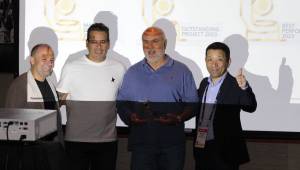
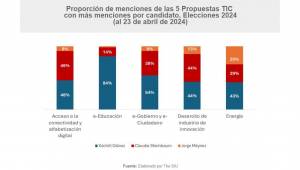



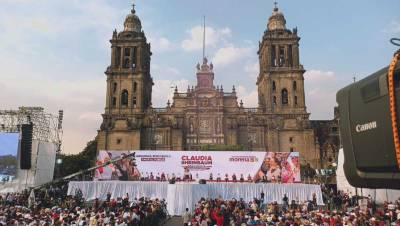


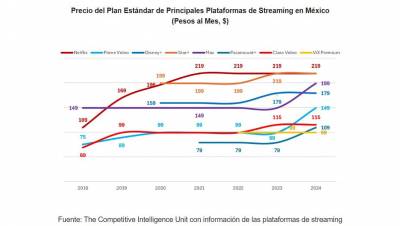








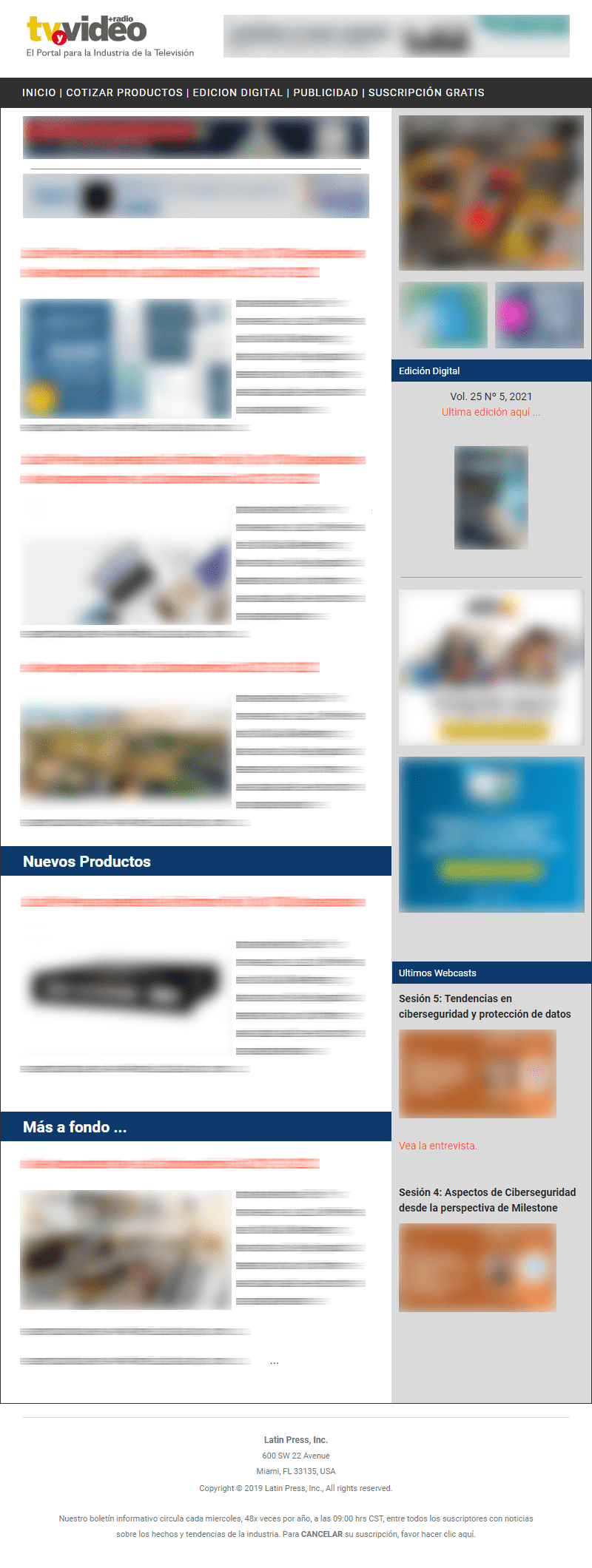
Leave your comment